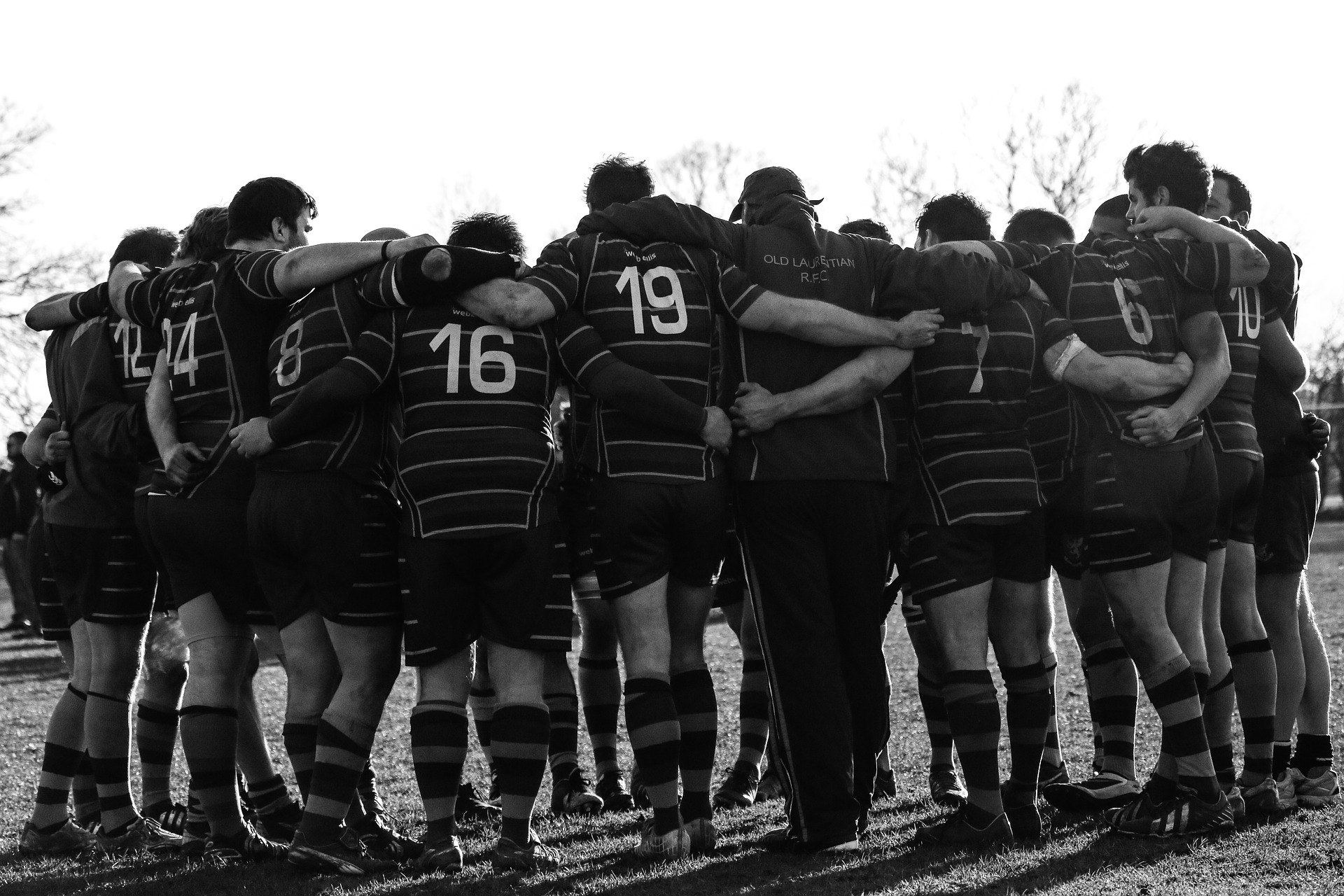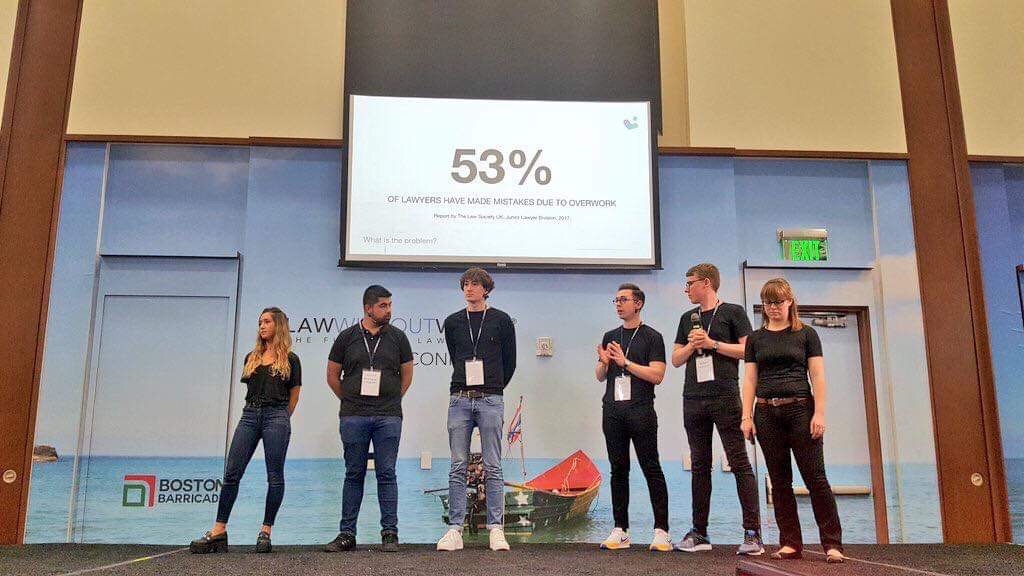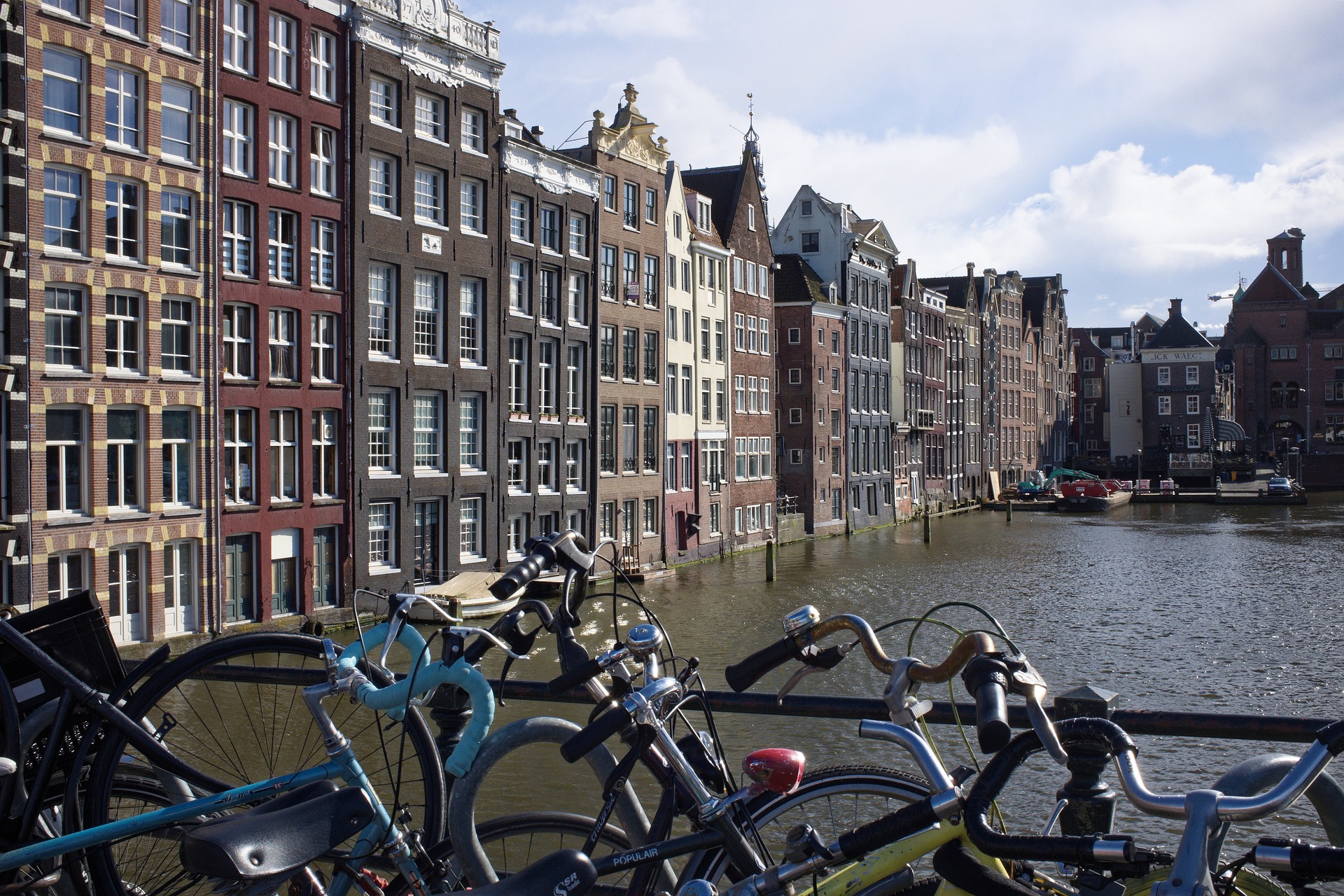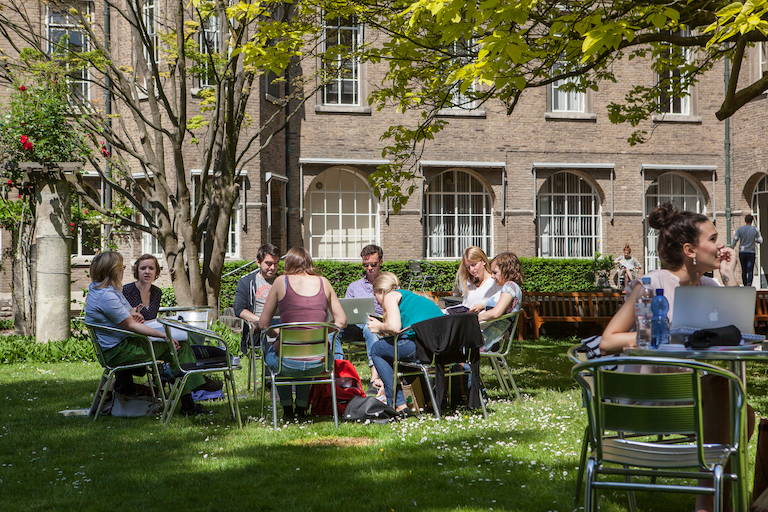Latest blog articles
-
Over the years, I have heard various colleagues say they thought empirical legal research (ELR) has been on the rise. Some see this as a positive development, making law and legal research more evidence-based and diverse.
-
2018 is the first year in history when more than half of the world’s population is online. Since its dawn, the Internet has changed many aspects of daily life. The first wave of the Internet saw a change in communication: the use of e-mails and the rise of Internet browsers facilitated online...
-
Technological innovation and law have always made a good pair - as society evolves, so do (some of) our legal needs. Pockets of research expertise on law and technology have been around for decades, and so have law journals on the subject.
-
Dowsing is the ability to detect the source of things. Dowsing for a source of legal ideas must start at an early stage in academic life, when students write their first legal papers. This ability is mastered if students and tutors interact in the process of developing academic legal research skills...
-
The quest for perfection in LWOW allows you to learn fast, develop many skillsets, and give you a good introduction to the workplace of tomorrow. Technology is all around in LWOW, we might be young millennials drowned in it, but we still have a bit to learn. LWOW will teach you how to use technology...
-
Books remain important for legal scholars as a means to present their research. On 28 September a new Faculty book series was launched.
-
In 2018, academic storms start on Twitter. One of them has been the public concern surrounding the sponsors accepted by this year’s Amsterdam Privacy Conference. The Data Justice Lab at Cardiff University was hosting one of the panels at the conference until they withdrew. The reason?
-
Imagine you, a researcher, are given a bag of money, unlimited time and personnel. What research would you do? Gijs van Dijck, Professor of Private Law, would like to set up an experiment with the larger insurance companies in the Netherlands, focussing on the best way to deal with compensation.
-
While the internationalisation of higher education is under pressure in the Netherlands, legal education is an example of how a language policy can be successful: dependent on the aim and contents of the curriculum, lawyers can also be taught in other languages than their own.
-
When a marriage no longer works, you break up. Divorce proceedings are started and if all goes well, both partners can go on to live their own lives. At least, that is how it works with a civil marriage. What kind of problems do women encounter in a religious divorce?









